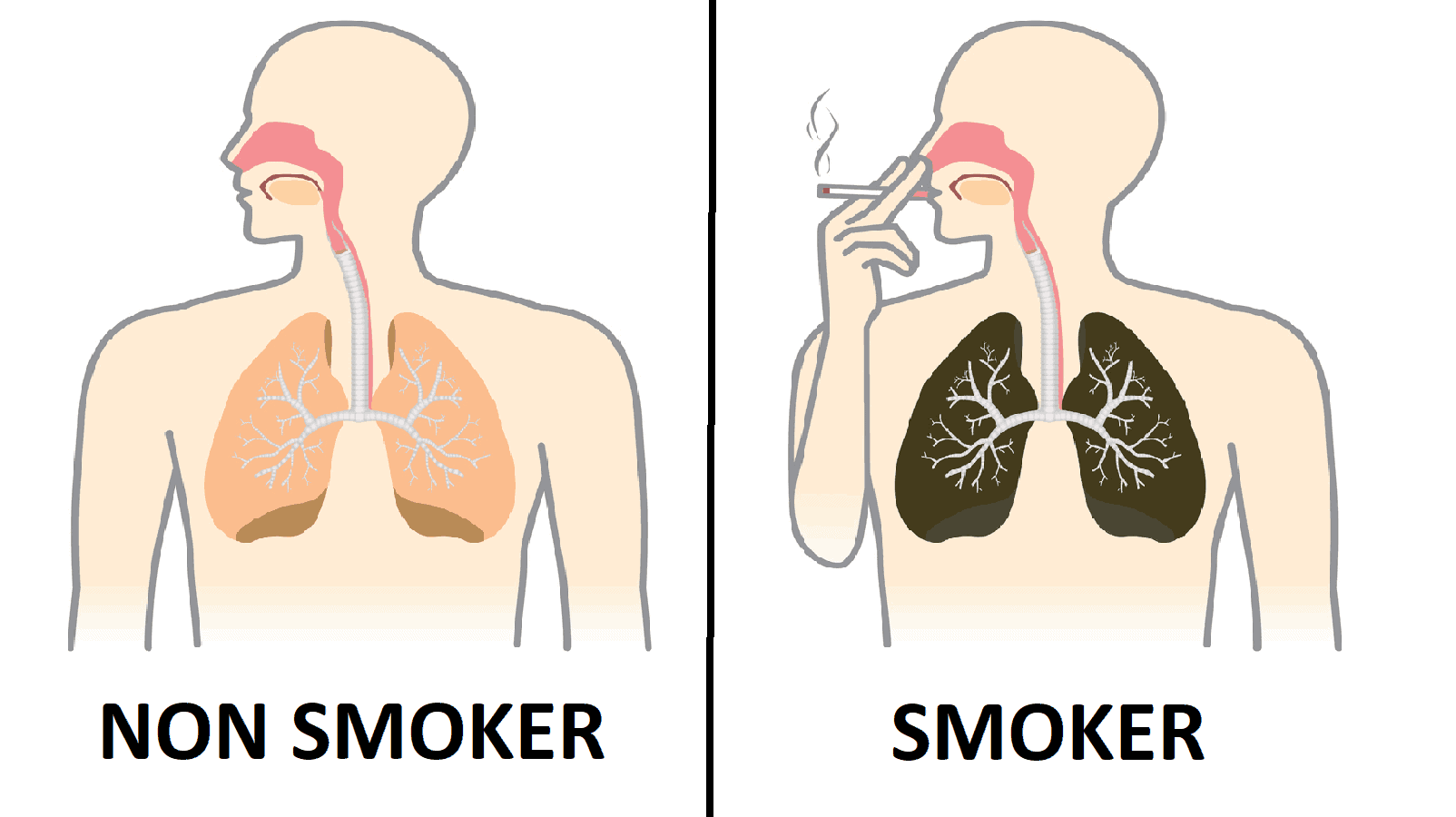
What Happens to Your Lungs When You Smoke
You’ve probably heard smoking is bad for your lungs, but do you know why? Each puff sends thousands of chemicals deep into your respiratory system, slowly robbing you of your breath. Over time, smoking doesn’t just damage—it destroys. Your lungs are the first to suffer, bearing the brunt of cigarette smoke.
But here’s the good news: understanding the real impact can help you make the change. Whether you’re thinking of quitting or just curious about the hidden dangers, we’ll walk you through exactly what happens to your lungs when you smoke—and how you can begin to reverse the damage today.
“Giving up smoking is the easiest thing in the world. I know because I’ve done it thousands of times” 💨
Smoking causes a series of harmful effects on the lungs, with damage accumulating over time. Here’s how it happens:
Smoking has significant and multifaceted impacts on health, particularly affecting the respiratory and immune systems. Recent studies have provided updated insights into these effects:
Overall, smoking poses severe risks to both respiratory and immune health. Quitting smoking is crucial for reducing these risks and improving overall health outcomes.
Smoking is the main cause of the chronic, progressive lung disease COPD. It involves permanent damage to the small airways in the lungs, leading to airflow restriction and difficulty breathing.
This disease encompasses both emphysema and chronic bronchitis, and most individuals with COPD experience a mix of both conditions.
The damage builds over time, often without noticeable symptoms until significant damage has occurred. It’s the third leading cause of death worldwide, with smoking being the major risk factor.
Lung cancer is the leading cause of cancer death worldwide, with smoking responsible for about 80% of cases. The chemicals in tobacco smoke mutate lung cells, leading to the formation of cancerous growths.
This cancer often remains asymptomatic until it has reached an advanced stage, which makes it especially lethal
Visual: What Happens to Your Lungs When You Smoke
Smoking leads to the destruction of the alveoli, the tiny air sacs in the lungs responsible for oxygen exchange. Over time, smoking breaks down the walls of the alveoli, merging smaller sacs into larger, inefficient ones.
This significantly reduces the surface area available for oxygen to enter the bloodstream, making it harder to breathe.
Unfortunately, once these alveoli are damaged, they do not regenerate, causing irreversible lung function decline.
Chronic smoking causes long-term inflammation and thickening of the airways, leading to narrowing. The bronchial tubes become swollen, produce excess mucus, and create blockages, making airflow restricted.
This is often what leads to conditions like chronic bronchitis, characterized by a persistent cough and difficulty breathing. The narrowing can become permanent, making simple activities feel like an uphill battle.
The repeated exposure to harmful chemicals in cigarette smoke causes ongoing inflammation in the lungs. Over time, this inflammation results in scarring (fibrosis), which stiffens lung tissue.
The scarring thickens the lung walls, making it harder for oxygen to pass into the bloodstream. This irreversible process contributes to conditions like emphysema and pulmonary fibrosis, leaving many smokers with permanent lung damage and breathlessness.
Smokers are at a much higher risk of lung infections due to the damage smoking causes to the respiratory system. Here’s a breakdown of the key factors:
Cilia are tiny, hair-like structures that line the airways, acting as the lungs’ cleaning mechanism by sweeping out mucus, dust, and pathogens. Smoking severely impairs their function.
Quitting smoking offers a multitude of health benefits, especially for your lungs. Here’s a breakdown of 10 key benefits based on scientific studies:
Quitting smoking is the best decision you can make for your lung health and overall well-being.
As your lungs heal, you’ll experience better breathing, a reduced risk of life-threatening diseases like lung cancer and COPD, and increased energy.
The benefits of quitting start almost immediately and continue to grow over time, improving both your quality of life and life expectancy.
Whether you’re looking to regain lung function or simply improve your health, quitting smoking is a crucial step.
Take action today and give your lungs the fresh start they deserve!
Related Articles